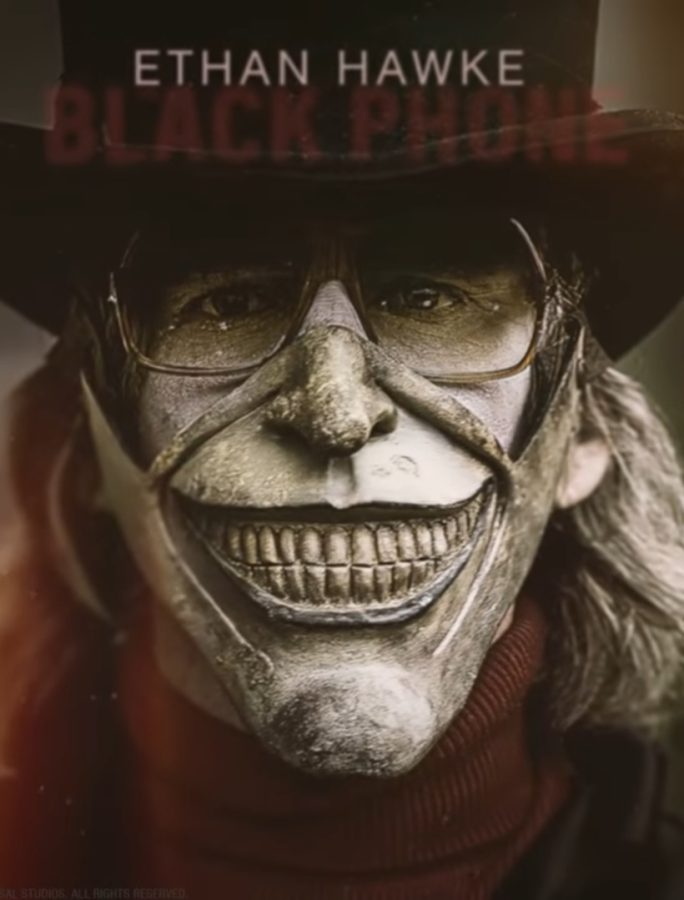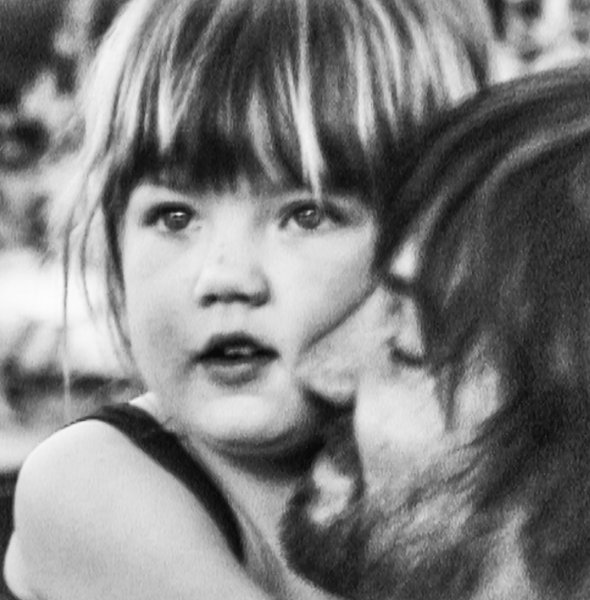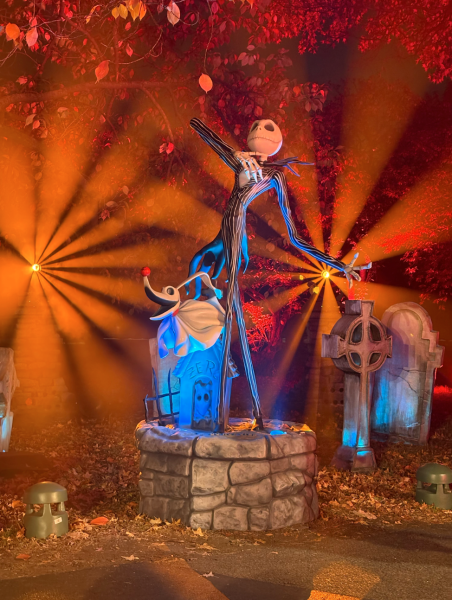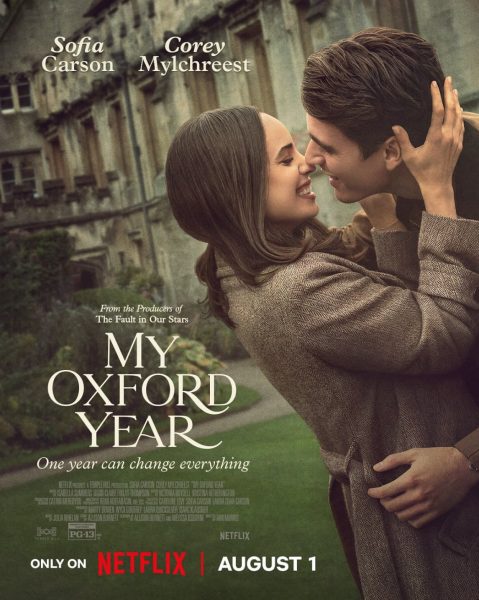“The Black Phone” Transforms the Supernatural
Based on the short story by Joe Hill, “The Black Phone” tells the story of a mysterious kidnapper named The Grabber. After the small Denver town has been suffering from five child abductions, The Grabber’s next target becomes a boy named Finney. When Finney gets abducted he is thrown in a soundproof basement with just a dirty mattress and a disconnected phone on the wall. Soon after arriving, Finney is shocked when the disconnected phone begins to ring, which he discovers allows him to communicate with previous victims. This communication helps to assist Finney in his efforts to escape, while Finney’s sister, Gwen, has vague recurring nightmares about the various abduction that she uses to try and find her brother.
I am very well-versed in the director of this film, Scott Derrickson. Derrickson has directed films like “Sinister” and “The Exorcism of Emily Rose” which are personally some of my favorite horror movies of recent years. However, as much as I like his directing, I have a love-hate relationship with his work. I think that Derrickson is a great creative director with a very unique procedural style that blurs the lines between crime drama and supernatural horror. While he is a talented director, I do notice that, with some of his films, his concepts never truly stick the landing. Unfortunately, I think that “The Black Phone” steps into that category in a few ways.
I highly recommend this film for anyone who likes thoughtfully crafted and alluringly atmospheric chillers. This film manages to stay grounded in a disturbingly believable true crime mystery with increasing supernatural components. While this style of horror is still finding its footing in traditional horror, “The Black Phone” falls into some conventional mainstream sensibilities of the tried and true Amityville crime horror formula. I feel like it lacked a certain amount of emotional bite that’s pushed heavily in the first half of the film. While the quality of the film is unquestionable, it’s still missing an element of shock to add to the lasting gravity of its fairly dark subject matter.
When the movie first starts, the feeling has a quite stark and intense tone that goes into some wicked themes about stranger danger, childhood violence and domestic abuse. While it does explore these dark themes, it then proceeds to soften that provocativeness as the film climaxes. This diminishes the impact of what makes the movie scary. Without spoiling anything, because I do believe that you should watch it, it noticeably shows a restraint on the supernatural aspects. I was not expecting this restraint, especially since the trailer highly promoted it as having a heavy emphasis on the supernatural. While I would typically enjoy more scares and ghosts, the supernatural in this film is less like your typical corny spooky children and instead represents the dead children having a more melancholic and sad presence, which suggests their souls are essentially trapped in the purgatory that is the basement. Interestingly, the movie makes it so that Finney cannot see the ghosts of the children he is talking to over the phone. This further perpetuates the sentiment of loss as the children have still not been found.
Derrickson always surprises me with how he tells stories to reinvent what horror movies are supposed to be. I would definitely recommend this film if you enjoy true crime or do not like the traditional horror movie set up. The storytelling is strong, the directing is impressive and the movie leaves you chilled to your bones.











































































































































































































